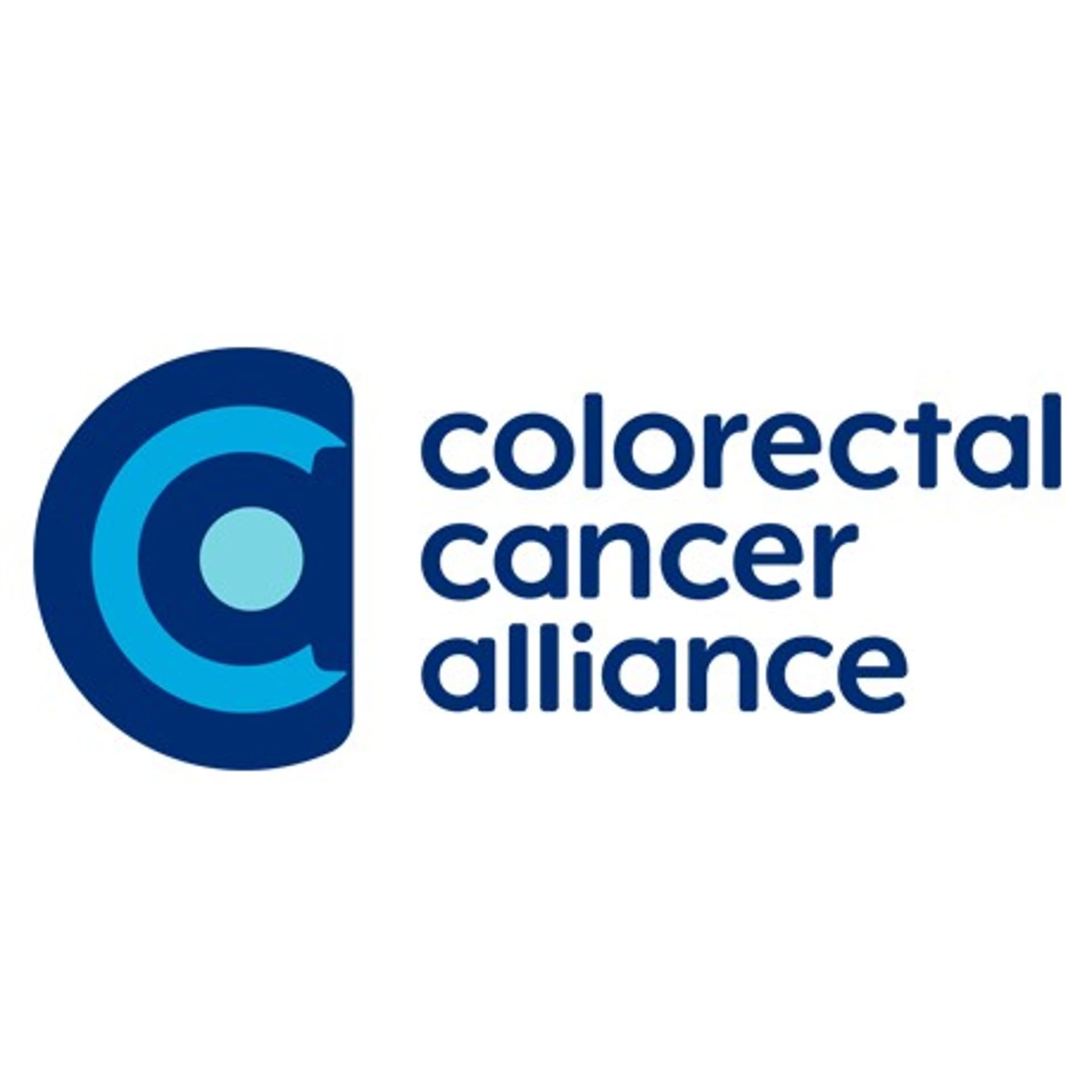Takeda’s mCRC Community: Improving Colorectal Cancer Care
Understanding mCRC
Colorectal cancer (CRC), which impacts the large intestine, is one of the most common cancers worldwide. Even with improved awareness of CRC, about 20% of patients are diagnosed at an advanced stage of disease – known as metastatic colorectal cancer, or mCRC – underscoring the vital importance of regular screening, regardless of symptoms, as early detection can often improve outcomes.1,2 Despite its prevalence, we’ve heard from the community that significant gaps in care and resources remain, especially for those with mCRC.
To support those living with mCRC and identify their most pressing needs, Takeda collaborated with four U.S. patient advocacy groups to conduct a nationwide survey* to hear directly from patients. The findings highlighted the importance of educational materials that address both medical information and the realities of daily life with mCRC, including how patients can be more empowered to facilitate conversations with their doctors. This platform, built on insights from real patients like Jenna, aims to offer essential tools and resources for those affected by this disease.
“I realized, if I have to live with this, I really need to make some changes, and my mCRC treatment is going to have to work for me — not only for what the doctor thinks is best for me, but for my lifestyle.”
Living with mCRC
Jenna’s mCRC symptoms – severe abdominal pain and vaginal and rectal bleeding – started when she was seven months pregnant with her son. They persisted post-birth, prompting her to see a primary care physician who ultimately referred her to a gastrointestinal (GI) specialist.
“My colonoscopy happened two weeks after my son turned one. My oncologist walked into the room after I had woken up from the procedure and immediately told me I had stage 4 cancer. I was in shock.”
Like Jenna, some people who are living with mCRC may experience significant impacts to their quality of life based on the physical and emotional burdens of their symptoms and treatment:
- Moderate or severe physical symptoms, including weakness or fatigue, rectal bleeding, cramping or abdominal pain, can last for weeks.3
- Mental health challenges like anxiety and depression.4
Additionally, disparities in care persist, with notable differences in CRC rates among certain groups:
- Black Americans have approximately a 20% higher likelihood of developing CRC and a 40% higher mortality rate compared to other racial groups in the U.S.5
- Other factors that could influence CRC experience include socioeconomic status, access to insurance and geographic location.
mCRC Patient Journey
Jenna’s Metastatic Colorectal Cancer Journey
Jenna is a devoted wife, mother and full-time executive at a tech and entrepreneur-focused non-profit, who was diagnosed with mCRC shortly after giving birth to her son. Despite her health challenges, Jenna’s resilience shines through as she balances her professional and personal life and now helps others navigate their mCRC journeys.
Receiving a cancer diagnosis can be unexpected and overwhelming. Having access to the right information after your diagnosis can help make appointments with your care team feel more manageable. Download our mCRC Factsheet for more information on signs, symptoms and treatment.
mCRC Conversations
Taking the Lead in mCRC Conversations with Doctors
It’s normal to have concerns about how your treatment plan will impact your personal goals and priorities. Watch the discussion below with Jenna and Dr. Mahipal, an oncologist and professor with deep experience treating mCRC at University Hospitals in Cleveland, Ohio, to prepare for treatment conversations with your own care team.
A Closer Look into mCRC Community Insights
Joined by a passion to make a difference for advanced CRC patients, like Jenna, Takeda and four patient advocacy groups launched a U.S. survey to hear directly from patients and the community about mCRC and treatment navigation. Through this collaborative effort, we uncovered actionable insights that can help guide and support patients with mCRC.
Journey to Diagnosis
On average, CRC patients experienced a gap of 1.4 years between their first experience of symptoms and their initial colorectal cancer diagnosis.
31% of mCRC patients experienced a delay in their diagnosis.
33% of mCRC patients reported greater awareness of the condition may have led to a quicker diagnosis.
At initial diagnosis, only 57% of mCRC patients said they knew where to go to find other people with mCRC that they could connect with and talk to about their disease and experience.
Cultural Influences in Care
Among those who have tried to access necessary mental health resources, more than half of mCRC patients said it was difficult, especially Black patients compared to Hispanic and white patients.
57% of patients also felt unheard or dismissed in relation to their mCRC care at least sometimes, with Hispanic patients being more likely than Black or white patients to feel this way.
Additionally, 1 in 5 mCRC patients did not feel their doctor understood (20%) or respected (21%) their cultural background and how it influenced their mCRC experience.
Speaking Up Matters
74% of mCRC patients reported feeling overwhelmed by the information their provider gave them when first diagnosed.
83% wish it was easier for people like them to navigate the healthcare system.
While many patients described receiving necessary care for mCRC as “easy,” it's crucial to recognize the importance of self-advocacy, as 39% of patients reported having had a difficult time.
Additionally, 79% of mCRC patients said there had been times since being diagnosed where they felt alone in their experience.
Meet our Patient Advocacy Partners
BLKHLTH

BLKHLTH is an Atlanta-based non-profit with a mission to advance the health of Black communities through equity-centered education, advocacy, research and programs.
COLONTOWN

Built by and for colorectal cancer patients and caregivers, COLONTOWN embraces each member with a supportive community and empowers through peer-led educational and outreach programs. The organization prioritizes hiring patients and caregivers for flexible, meaningful work and volunteer roles.
Colorectal Cancer Alliance

Founded 25 years ago by more than 40 CRC survivors, caregivers and friends, the Alliance advocates for screening, magnifies patient support and accelerates research.
Family Reach

Family Reach is a non-profit that provides non-medical financial support to people facing cancer. They work with patients, providers and community organizations to challenge the systems that force families to choose between their health and their home.
Hear From our Patient Advocacy Partners
Additional Resources
*Harris Poll Survey of 344 US adults aged 18+ diagnosed with stage 4 colon, rectal or colorectal cancer fielded January 17 - February 7, 2024.
The research was conducted online in the United States by The Harris Poll on behalf of Takeda among 344 U.S. adults age 18+ diagnosed with stage 4 colon, rectal, or colorectal cancer, of which, 90 respondents were recruited via patient advocacy groups (BLKHLTH, COLONTOWN, Colorectal Cancer Alliance, and Family Reach). The survey was conducted January 17 – February 7, 2024. Raw data were not weighted and are therefore only representative of the individuals who completed the survey.
Respondents for this survey were selected from among those who have agreed to participate in our surveys. The sampling precision of Harris online polls is measured by using a Bayesian credible interval. For this study, the sample data is accurate to within + 5.3 percentage points using a 95% confidence level. This credible interval will be wider among subsets of the surveyed population of interest.
All sample surveys and polls, whether or not they use probability sampling, are subject to other multiple sources of error which are most often not possible to quantify or estimate, including, but not limited to coverage error, error associated with nonresponse, error associated with question wording and response options, and post-survey weighting and adjustments.
- Biller LH, Schrag D. Diagnosis and Treatment of Metastatic Colorectal Cancer: A Review. JAMA. 2021;325(7):669-685. doi:10.1001/jama.2021.0106
- Atreya CE, Yaeger R, Chu E. Systemic therapy for metastatic colorectal cancer: from current standards to future molecular targeted approaches. Am Soc Clin Oncol Educ Book. 2017;37:246-256. doi:10.1200/EDBK_175679
- American Cancer Society. Colorectal Cancer Signs and Symptoms. https://www.cancer.org/cancer/types/colon-rectal-cancer/detection-diagnosis-staging/signs-and-symptoms.html. Last accessed May 2025.
- Rosangela Caruso, Mara Giulia Nanni, Michelle B. Riba, Silvana Sabato & Luigi Grassi (2017) The burden of psychosocial morbidity related to cancer: patient and family issues, International Review of Psychiatry, 29:5, 389-402, DOI: 10.1080/09540261.2017.1288090
- American Cancer Society. Colorectal Cancer Rates Higher in African Americans, Rising in Younger People. Available at: https://www.cancer.org/cancer/latest-news/colorectal-cancer-rates-higher-in-african-americans-rising-in-younger-people.html. Last accessed May 2025.

